English
Teaching Reading and Writing through The Power of Reading
At Keston, we teach English through the Power of Reading. This is a programme provided by the Centre for Literacy in Primary Education which puts quality children’s literature at the heart of the curriculum and supports our work in teaching literacy creatively and effectively.
The Power of Reading is a well-established initiative, now in its 15th year which has raised achievement in over 2000 schools. Data from established POR schools show that children make significant progress in reading and writing, particularly with those pupils who had previously been reluctant to engage with literacy and is effective in narrowing the achievement gap between groups of pupils. POR schools also report that their children choose to read more often, at greater length and are more confident in talking about books. This final outcome is one which is of particular interest to us at Keston as we seek to provide ways to encourage children to read regularly and for pleasure.
The Power of Reading and reading aloud
Reading is an integral part of Power of Reading and books are matched to enhance learning in other curriculum areas. Pupils will read, discuss and respond to texts in various ways e.g. through drama, comprehension tasks, writing in the role of a character, analysis of the features of a text. As well as developing reading skills, this learning also plays a crucial part in the development of their own writing.
The Power of Reading places enormous emphasis on reading aloud to children. Research tells us that children are able to access texts and vocabulary considered to be two years beyond their chronological age when the text is read aloud to them. Reading aloud slows written language down and enables children to hear and take in tunes and patterns. It enables children to experience and enjoy stories that they might not otherwise meet.
Developing understanding and writing through the Power of Reading
The Power of Reading approach provides pupils with a wide range of learning opportunities to develop and enrich their understanding of what they read. This includes book talk, debate, reading journals, role play and drama, use of visual images and story mapping. This leads on to varied and engaging opportunities for pupils to develop their writing skills.
Reading in Reception and KS1
In Reception a love of books is nurtured through listening to stories, learning some simple stories by heart, and looking at books themselves.
All children from Reception to Year 2 have a daily 30 minute Phonics lesson using the RWI programme. Children are grouped according to their acquisition of the Phonic sounds rather than by age and this means that children can be accelerated or given consolidated support where necessary. Children who are struggling to acquire the Phonic sounds are identified and given either small group interventions or 1:1 support to help them keep up.
When children have completed all of the sounds in the RWI programme they move on to a programme which supports them in answering questions based on different texts to enable them to develop their reading speed and comprehension.
Developing Comprehension
In Year 1 and 2, guided reading sessions are introduced to the timetable. In these sessions children work in small groups with an adult to read and discuss a book together and answer questions about it. This is a fantastic opportunity to extend children’s reasoning and inference skills.
Reading books are sent home with a reading record that acts as a form of communication between home and school to monitor their progress. Children progress systematically through the book banded books, which correspond to their acquisition of Phonics.
We endeavour to listen to children read as often as possible and we welcome as many parent helpers as possible to facilitate this – so if you are interested please contact the office.
Reading in KS2
In KS2, we continue to prioritise reading. The children continue to progress through reading scheme books, starting at the level appropriate to their ability. They also have access to free choice reading books in their classroom and from the school library. When they have progressed sufficiently, have developed into confident and independent readers, and no longer require the support and structure of banded books, they select solely from the Core Collection books in their class and / or library books. The library is well stocked with a diverse range of fiction and non-fiction books to meet the needs and interests of all pupils. Time is given during the school day for independent reading, as well as opportunities to read to an adult depending on the ability of the child. Again, parent help is very much welcomed to support this. Teachers continue to read aloud to the children at the end of the day.
Whole Class Guided Reading
Reading is also taught through whole class guided reading sessions throughout the school. Pupils work with their teacher, reading and discussing a range of texts. These sessions are also used give children focused support with developing the skills and techniques needs for effective comprehension, enjoyment of books, and answering comprehension questions in test situations. Small group interventions are used for identified pupils in need of further support.
Through the range of texts used in reading lessons and available for pupils to select from, we aim to open the children’s eyes to a broad, rich, diverse and enjoyable diet of reading. Displays and assemblies are used to promote books, authors and genres. This is further supported by the books that teachers read to the children; discussion develops comprehension skills and children’s eyes are opened to new authors and genres.
Spelling, Grammar and Punctuation
Spelling, Grammar and Punctuation are taught throughout the school, both in conjunction with reading and writing skills and as stand alone lessons. The contents and progression follow the requirements of the National Curriculum.
Reading Progression of Knowledge and Skills
Writing Progression of Knowledge and Skills
